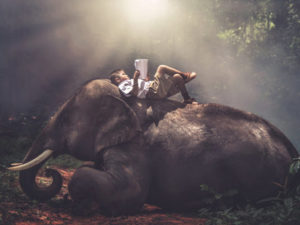
Consuming Art to Fuel Your Writing
Today I’d like to share an excerpt from my book, Ready, Set, Write: A Guide to Creative Writing. This is from a chapter titled “Consuming Art.” Consuming Art If we don’t consume art, especially written works, on a regular basis, our creativity will dry up, and our writing will suffer. Art is food for the soul….Read More
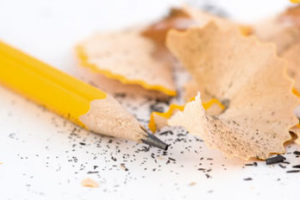
How to Improve Your Writing
Have you ever put a project on hold because your writing skills weren’t up to par yet? Do you ever set ideas aside because they seem too ambitious and you don’t feel ready to tackle them? Have you ever wondered how to improve your writing so you would be better equipped to handle more complex…Read More
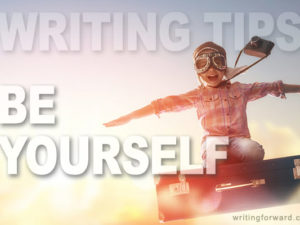
Writing Tips: Be Yourself
As writers, we strive to connect with a reading audience. After all, writing is all about communication. Whether we’re sharing our personal experiences, imparting ideas and information, or creating rich, compelling stories, we want our words to ring true. We want our work to be authentic. And there’s only one way to achieve authenticity: be…Read More

A Must-Read for Storytellers: Save the Cat
This post contains affiliate links. “It’s the scene where we meet the hero, and the hero does something — like saving a cat — that defines who he is and makes us, the audience, like him.” — Blake Snyder, Save the Cat Save the Cat is packed with goodies for storytellers! But Save the Cat offers…Read More
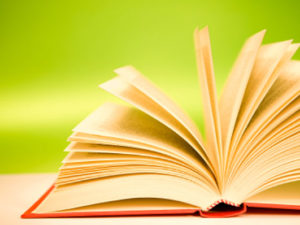
Poetry Prompts for Language Lovers
Poets have a unique relationship with language. For a poet, language is more than a tool for communication; it’s a set of paints and paintbrushes that can be used to create scenes and images that resonate with readers. A poet must then foster a loving relationship with language, learning its secrets, understanding its idiosyncrasies, and…Read More
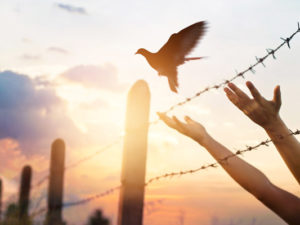
Fiction Writing Exercise: The Internal and External Struggles of Your Characters
Today’s fiction writing exercise comes from my book, Story Drills: Fiction Writing Exercises, which offers lessons and exercises designed to boost your skills as a storyteller. Today’s exercise looks at characters’ struggles, which are essential to good storytelling. Enjoy! Characters’ Internal and External Struggles In order to develop a truly compelling character, it’s critical for…Read More
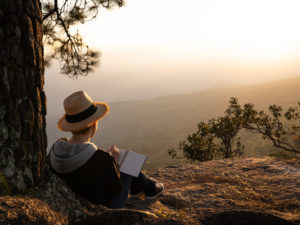
12 Character Writing Tips for Fiction Writers
Characters are the heart and soul of every story. Almost every great story is about people. Plot, setting, theme, and other elements of fiction are secondary to realistic characters that an audience can connect with on an intellectual or emotional level. There are exceptions, of course. Some readers enjoy plot-driven stories, but they never seem…Read More
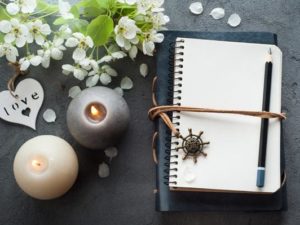
What is Free-Verse Poetry?
Most of my favorite poems are written in free verse, which means they do not fall under the constraints of form poetry. Not that I have anything against form poetry — it’s a lovely tradition, and I like reading and writing it — but not as much as I enjoy reading and writing free-verse poetry….Read More

Grammar Rules: Lay or Lie
One of the most common grammatical mistakes that we see in both speech and writing is misuse of the words lay and lie. This error is so common, it even slips past professional writers, editors, and English teachers — all the time. Maybe eventually these two words will morph into one and have the exact same meaning,…Read More

Writing While Inspired
Today’s post is an excerpt from Ready, Set, Write: A Guide to Creative Writing. This excerpt is from a chapter titled “Writing While Inspired,” which explores the concept of cultivating creativity rather than waiting for inspiration to strike. Enjoy! Inspired Writing Sometimes, inspiration appears out of nowhere. You’re taking a walk, and you’re suddenly struck…Read More



